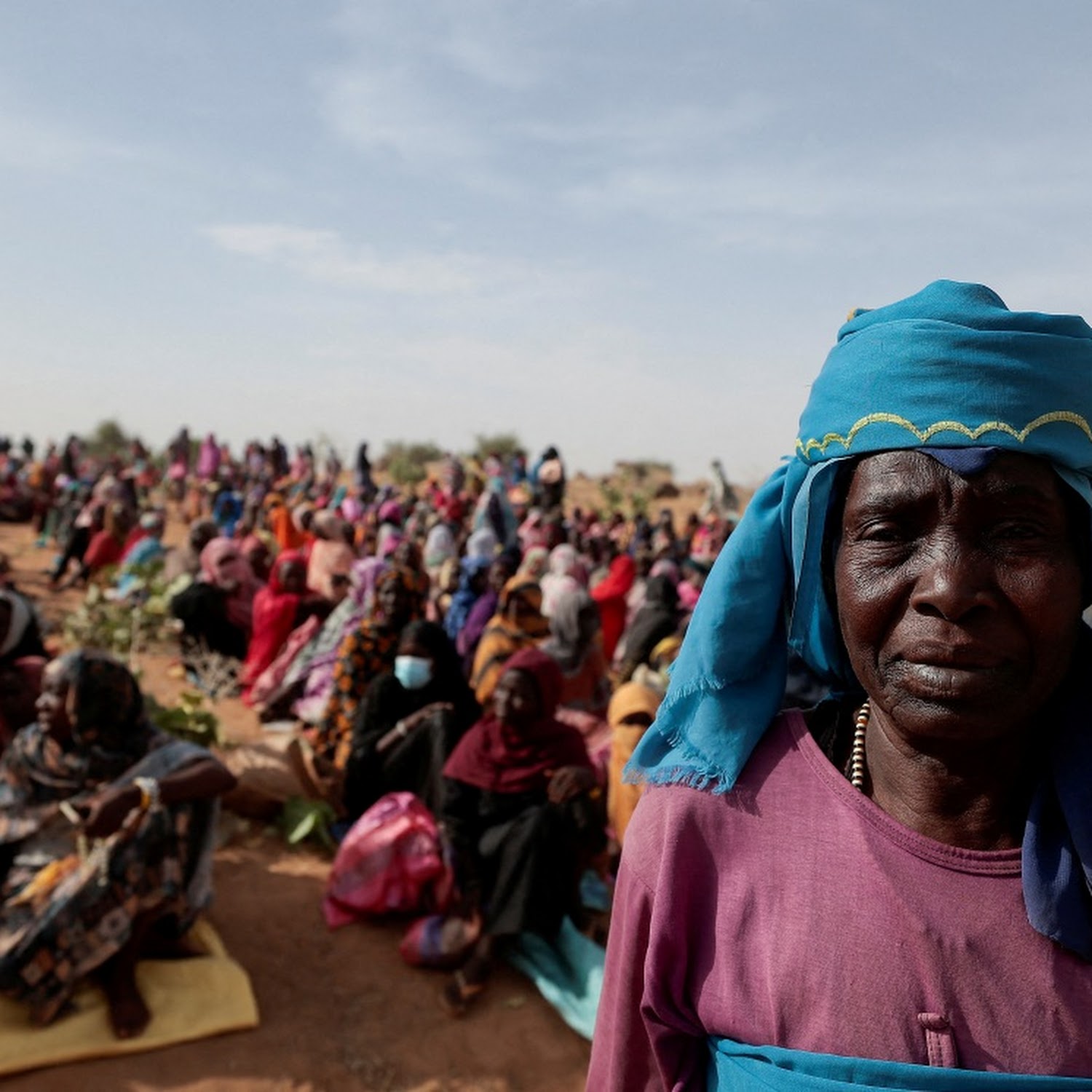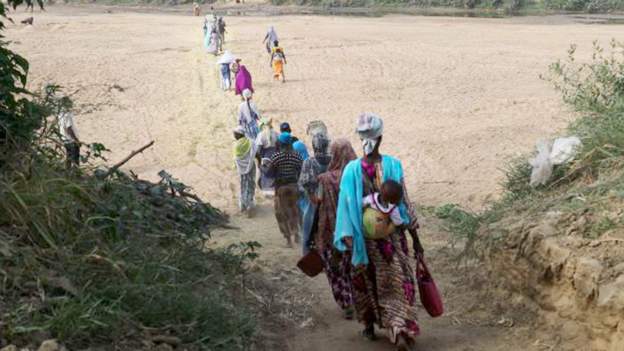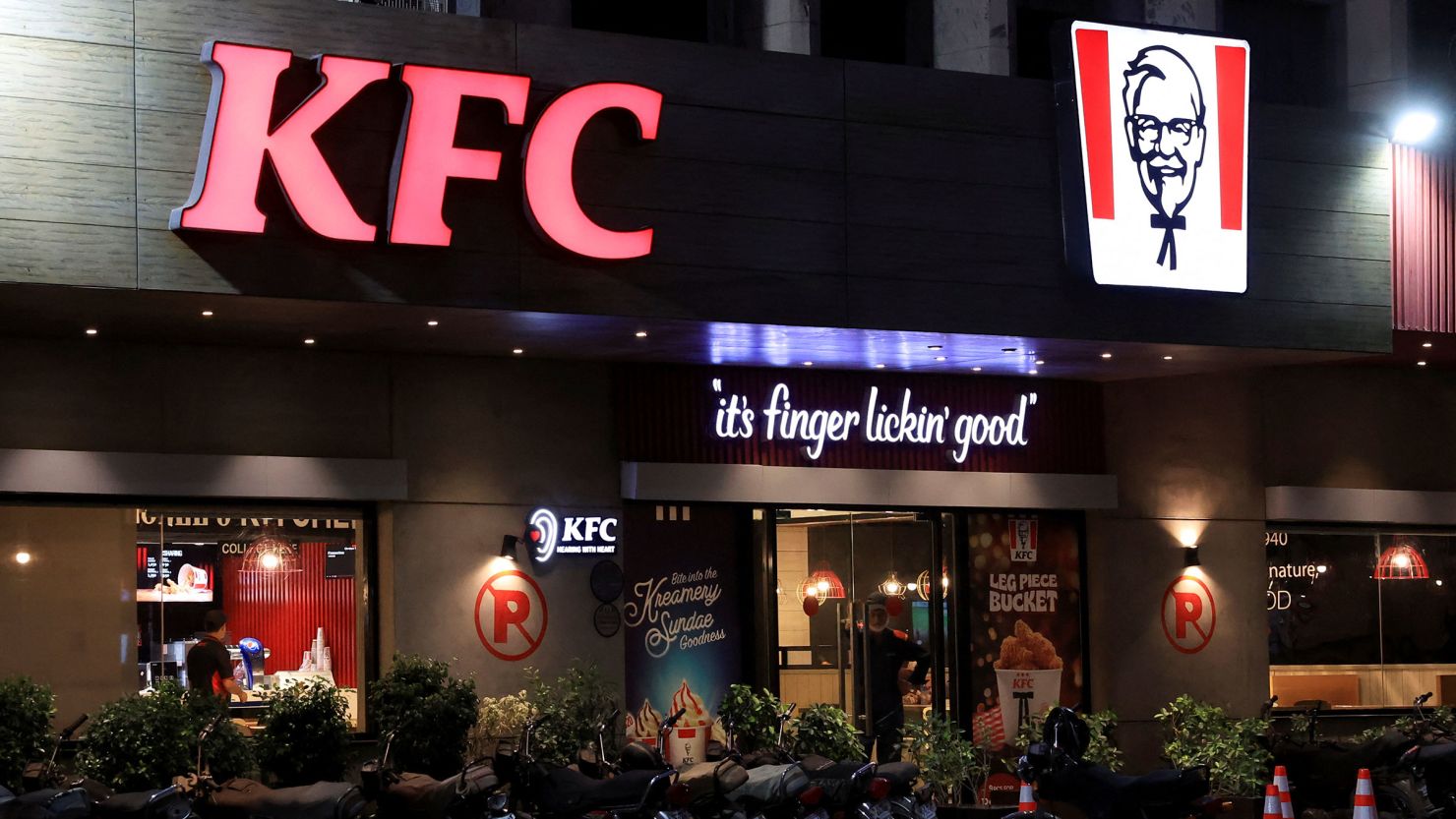Empowering Refugees: Shifting Perspectives and Power
Dynamics
In the narrative of refugee assistance, there exists a
pervasive portrayal of refugees as passive recipients of aid, devoid of agency
and voice. However, Jean Marie Ishimwe, a tireless advocate for refugees,
vehemently challenges this narrative. Drawing from his own experience of two
decades as a refugee in Kenya, Ishimwe asserts that refugees are not mere
victims but potential catalysts for change and innovation.
As the East African regional lead for Refugees Seeking Equal
Access to the Table (R-SEAT), Ishimwe champions the cause of refugee
participation and inclusion. His vision transcends the traditional role of
refugees as "passive beneficiaries" of externally devised solutions.
Instead, he advocates for refugees to be recognized as equal stakeholders in
addressing the challenges they face. Ishimwe emphasizes the importance of
shifting power dynamics to facilitate refugee leadership.
The COVID-19 pandemic served as a poignant illustration of
the capabilities of refugee-led organizations (RLOs). When aid agencies
withdrew from refugee camps, RLOs stepped in, assuming critical
responsibilities despite limited resources. Despite facing financial
constraints, RLOs consistently demonstrated their effectiveness and
accountability in serving their communities.
However, Ishimwe highlights a significant barrier to the
empowerment of RLOs: resistance from established entities like the UN Refugee
Agency (UNHCR) and other entrenched humanitarian organizations exhibit
reluctance to embrace change and cede control to refugee-led initiatives.
The narrative presented by Ishimwe challenges the prevailing
perception of refugees and underscores the importance of amplifying refugee
voices and agency. By recognizing refugees as active participants and leaders
in their own right, humanitarian efforts can be transformed, fostering more
inclusive and sustainable solutions.








